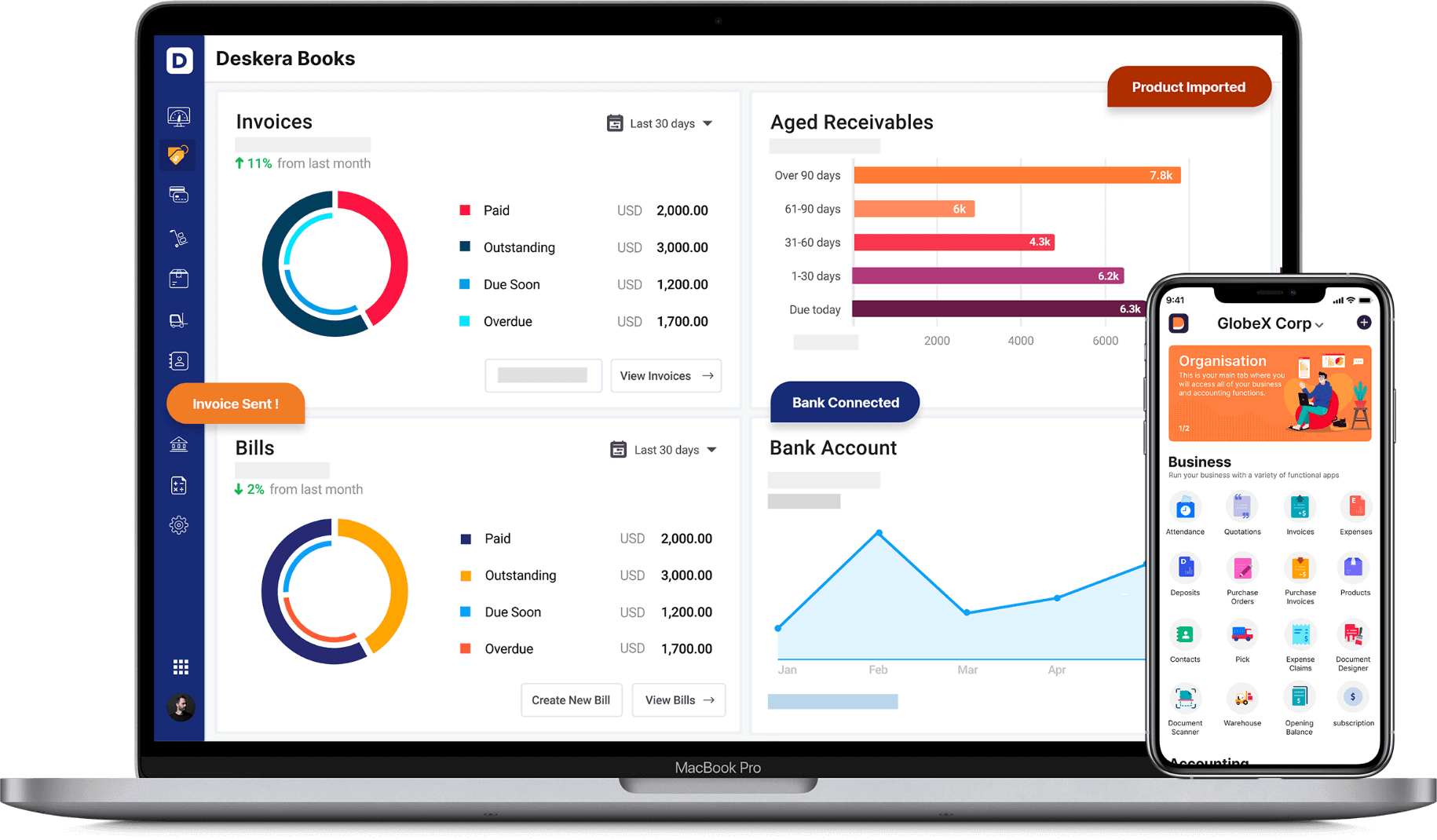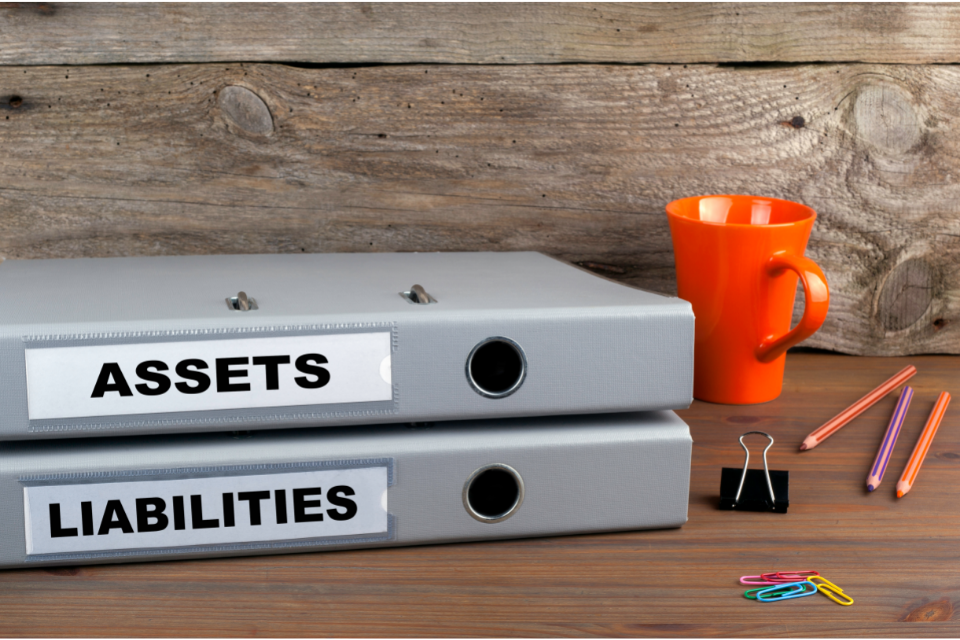Tax season can often be stressful and complicated for any business or shop owner. Why? Because they are largely unaware of tax deductions that they are eligible for, and most do not understand them. But while profitability and revenue are the top focus for shop owners, tax deductions should be equally important, as they help business owners lower get the benefit of investing their hard-earned money. The more money you can write off, the less tax you end up paying.
This benefits shop owners not just by getting tax deductions; it also enables them to put their money to work for them in the long run. But what are the many tax deductions that are applicable for shop owners? Here is a list to help you know exactly where you can invest and get your money's worth (plus tax savings as a bonus).
Tax Deductions for Shop Owners
To help you understand the many tax deductions you can avail of as a business owner or shop owner, we have broken down the expenses as per the category. These include:
1. Cost of Goods Sold
If you sell any products that are manufactured locally or have bought products in bulk that are unsold, these goods can be claimed for a tax deduction. These come under Cost of Goods Sold, which include labor, raw materials, or costs to purchase merchandise to resell.
2. Business Licenses and Permits
You need to have the required documents and licenses/permits for running any business or shop. The good news is these are tax-deductible. These include:
- Licenses for running the business like alcohol sale licenses, professional licenses, business licenses, and other licenses
- Permits: Resale permit, permit to sell particular goods, and other government-issued permits
3. Services and Subscriptions
For running a business in today's era, you will need to pay for using services for subscriptions. These are also included for a tax deduction. The services covered are:
- Charges on software subscriptions like accounting software, music subscriptions, apps, POS systems, scheduling systems, etc
- Internet
- Heat and electric
- Water and garbage
- Security systems
- Office supplies like paper, boxes, staples, pens, and other
- Telephone and landline bills
4. Decor & Property Expenses
For any expenses incurred on your business premises which include the cost of interiors, decor, and upgrades, these costs can be used to claim a tax deduction. The decor can consist of:
- Curtains, rugs, furniture, and other interior decors
- Art and wall hanging
- Small decorative items
- Lights, lamps, and other elements
- Repairs for your office property, e.g., broken window, upgrade to shop doors, etc.
- Installation or upgrade of security equipment in your property, including CCTV cameras, installation and maintenance costs, etc.
5. Bank Fees
Fees associated with your business account are tax deductible. These include:
- Bank fees and charges: ATM fees, service fees, deposit fees, transfer fees, etc.
- Credit card fees and charges: Annual payments, late payment fees, and interest
- Loan and leasing fees: Interest on an existing loan, leasing fees for equipment, etc.
6. Travel Expenses
For business travel or other expenses incurred due to travel, you can claim deduction on auto expenses such as:
- Fuel costs for office errands, groceries, supplies
- Business meetings and trips for meeting with partners, employees, vendors, and consultants
- Expenses for renting or buying a new vehicle that is being used for business purposes
7. Shipping & Packaging
Since COVID-19, even physical shops have provided at-home delivery or pickups. These expenses are ordinary and necessary as per the IRS, and so are tax deductible. The expenses include:
- Postage & delivery services fees
- Shipping expenses or delivery charges
- Packaging and inventory cost like boxes, envelopes, bubble wraps, packaging tapes, labels, etc.
8. Advertising & Promotion
Have you spent any amount on your advertising and promotion? For any ad spend or marketing spends, you can claim a tax deduction on expenses such as:
- Marketing: Print ads, newspaper ads, billboards, signage, etc.
- Promotional materials: Flyers, brochures, business cards, leaflets, newsletters, posters, branded products, and other promotional materials
- Digital Marketing: Spends on digital marketing activities like social media ads, promotions, Facebook ads, Google Adwords, email campaigns, etc.
- Website: Spend on the domain name, hosting, subscription services, themes, plug-ins, or additional costs incurred for the design, development, and content creation of your website
9. Equipment Purchases & Rentals
If you have purchased any equipment or machinery for your shop, these are definitely tax-deductible. Likewise, the rental amount is tax deductible for any equipment you are renting for use.
Depending on the cost, the equipment can be used to show expenses in the year it is purchased, while it can be shown as depreciation over the years. Depreciation is a method of allocating a cost for an asset over its lifespan. E.g., if you purchase a printer for $5000 and plan to use it for five years, the printer will depreciate by $1000 each year, which you can claim under depreciation. There are guidelines for depreciating expenses, and you should consult your accountant or advisor to help determine the best strategy for this.
10. Gifts
Yes, gifts for customers, business associates, and employees are tax deductible and need proper receipts for showcasing as an expense. Employee gifts are 100% tax deductible up to $25 per year, per employee, according to IRS Publication 463.
11. Insurance
For shops and other businesses, having insurance is not just a good to have; it is recommended by law to ensure that any accidents or damages are covered. Since these are business expenses that are necessary, insurance is tax deductible. It includes:
- General liability coverage
- Theft and accidental insurance
- Loss-of-income insurance
- Property and building insurance
- Health and life insurance of employees
- Auto insurance
- Liability coverage
- Malpractice insurance
Note: with health insurance, a small business may also qualify for up to a 50% tax credit under the qualified small employer health reimbursement arrangement (QSEHRA).
12. Event Costs
In addition to your marketing expenses, you may also host or attend events, both for your marketing and networking. These can be written off as expenses and include:
- Food, drinks, and catering fees
- Staffing fees like an event planner, parking attendants, cleansers, and other staff required
- Entertainment costs for DJ, band, ambient lights, speakers, and other related expenses
- Venue rentals
- Paper, goods, chairs, table and other rentals needed
- For events that you attended, you can get tax deductions on travel expenses, living expenses (if applicable), food & drinks expenses, and any tickets that you purchased
13. Interests On Finances & Rent
Have you availed of any loan or incurred credit card interest? If yes, these can be claimed under tax deduction. If you also have a business or personal debt, the interest or the costs paid for this financial debt is considered for tax deductions. These include:
- Credit sales to customers
- Loans to clients, suppliers, distributors, employees
- Business loan guarantees
14. Employee Expenses & Payroll
Your shop will not just be run by you alone and does have employees and other staff. Employee wages are entirely tax deductible, and this includes any bonus, commissions, and payments made to the employee. However, partners, LLC members, proprietors, and other related individuals are not considered under this deduction. Even freelancers or contract workers are not considered, as only the salaried employees are considered.
However, expenses for employee benefit programs like education assistance, care assistance, life insurance, health insurance, retirement plan, contributions to the retirement plan, 401K, and others are considered. These can be claimed on Form 1040 as applicable.
15. Professional Fees
Any expense of fees paid to a consultant, partner, or personnel who is not under your payroll is considered a professional fee. These include:
- Legal and attorney fees
- Accountant and bookkeepers
- Financial advisor fees
- Contracted labor
How to claim Business Tax Deductions?
Small-business owners and shop owners can claim tax deductions for their investments and expenses. The business needs to fill out a Schedule C tax form, which is used to determine the taxable profit a business needs to pay for the financial year. You can then report this profit for your personal 1040 form and pay taxes there.
You need to maintain all the required details for taxes and other financial analyses and have it handy. With Deskera, you get a dedicated bookkeeper and powerful reporting software for a clear view of your financial health. The reports will help you with taxes, planning your business decisions, and the dashboard gives you a clear picture of your financial health in real-time.
Conclusion
Now you have the list of key tax deductions that you can avail as a shop owner. However, know that each expense is applicable for tax deductions depending on several factors. Therefore, it is highly recommended to always talk to your CPA or tax advisor to claim any expenses. There are additional options for tax saving that you can explore as per requirement. As always, before any investment or financial decision, consult the appropriate advisor and then take a call.
How can Deskera Help You?
Deskera Books can help you automate your accounting and mitigate your business risks. Creating invoices becomes easier with Deskera, which automates a lot of other procedures, reducing your team's administrative workload.

Learn about the exceptional and all-in-one software here:
Key Takeaways
- Tax season can often be stressful for shop and business owners, mainly because businesses are primarily unaware of tax deductions that they are eligible for. Tax deductions help shop owners benefit from their spending and investments as they can write off this amount and pay fewer taxes.
- Tax authorities consider tax deductions on several expenses and business activities vital for running the business. To avail of these tax benefits, business owners need to properly maintain records and provide required details to the tax authorities.
- Small-business owners and shop owners can claim tax deductions for their investments and expenses. However, the business needs to fill out a Schedule C tax form, which is used to determine the taxable profit a business needs to pay for the financial year
Related Articles













